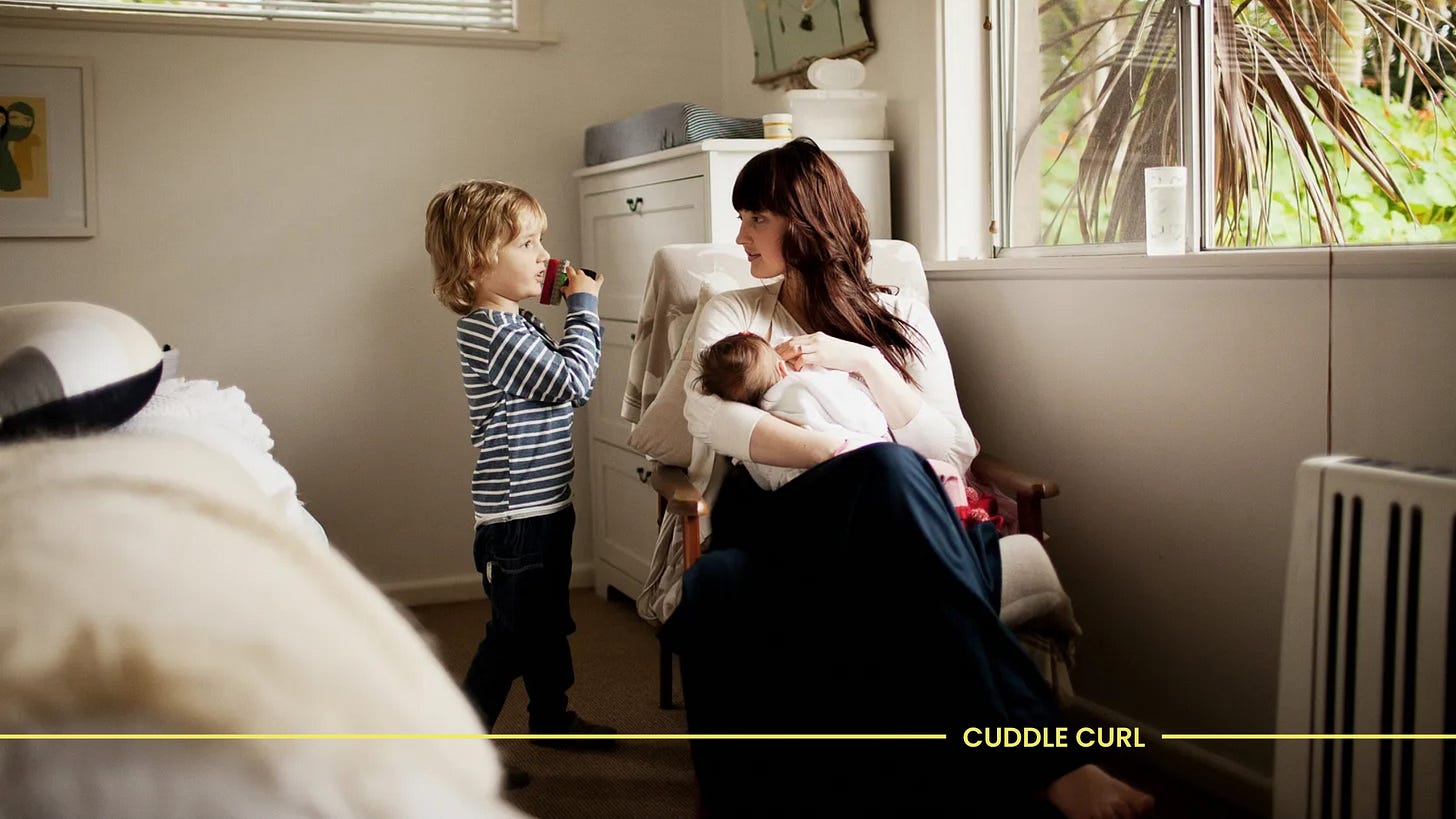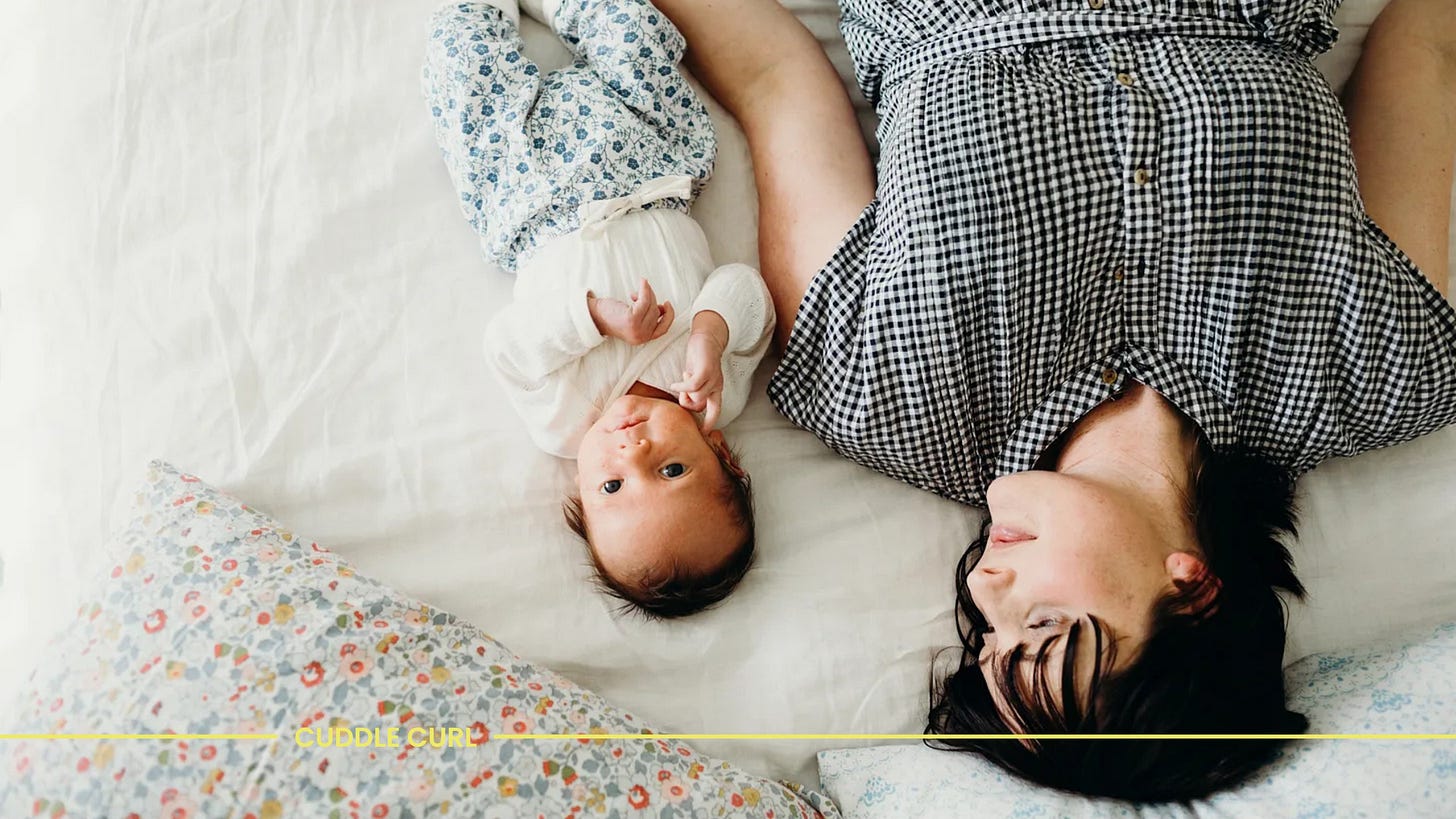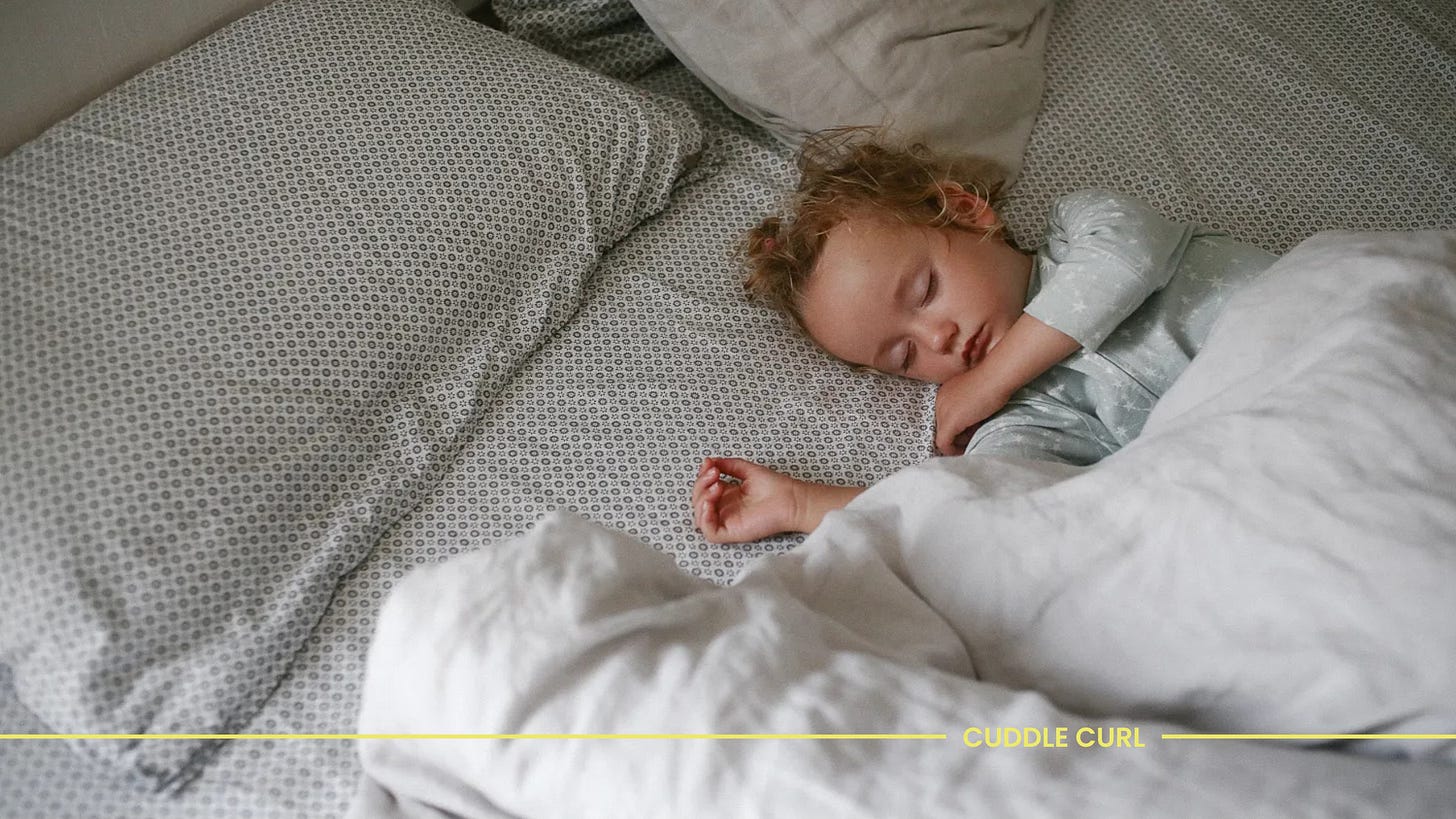Jodi Wilson (early-40s) lives in Tasmania and is a bestselling author, health journalist, postpartum doula, and mother of four. She has two boys and two girls aged 8, 10, 14, and 18. She’s been writing online about motherhood and simple living since 2007.
Jodi is a Substack bestseller with two weekly newsletters to look forward to. Practising Simplicity is about the simple things we need to live well, and Dear New Mum is reassurance and evidence-based information to help you better understand your baby and yourself as you journey through postpartum.
Here is something she wrote just for us. Xx
My firstborn turns 18 this year. I was a young mum, deeply unsure of who I was and not aware that becoming a mother is a slow unfurling that spans years. I stepped tentatively through the early days of motherhood but like all new parents, I eventually found the steady ground of trust and knowing.
What was most profound was the not-knowing; the constant questioning and doubt that came with every choice I had to make about how I was parenting my child. It was deeply uncomfortable and unsettling.
And I now know that it’s a normal and expected part of postpartum, informed by maternal brain circuitry and hormones. Of course, support is the antidote. Support is the answer to every challenge that arises in postpartum.
The research didn’t exist then like it does now, and neither did the prolific resource of social media (helpful sometimes yet often overwhelming). So, I looked to the established mothers who had come before me.
Now I’m that established mother. I’m also a health journalist, author and postpartum doula and I’ve spent the past two years researching and writing The Complete Guide to Postpartum — a mother-focused companion for life after birth. Dedicated to the next generation of mothers, it’s my greatest hope that this book closes the gap between expectations and reality in regards to birth recovery, maternal mental health, normal infant behaviour, breastfeeding, alternative feeding and infant sleep.
You are the only one who can decide where your baby sleeps. It’s that simple and it’s that hard.
This is why all new parents deserve objective information explained simply and this includes a thorough understanding of normal infant biology alongside the history and purpose of sleep training and the social narrative it informs.
You can’t write a book on postpartum without returning to and reflecting on your own experiences and there were so many times when I sat at my desk in tears, sad for the new mother that didn’t know, who felt so uncertain and at times, so alone. What I would give to reach back and say, “It’s okay, you’re learning, and you’re doing really well.”
Mothering is a profound learning experience and I think that’s the part we keep skipping over.
All mothers are learning thousands of things everyday about who their baby is and who they are as a mother and how they connect and relate to each other. If we look at any other learning experience in life it requires time, questioning, observation, patience and perseverance. And they’re all the things that you experience every day in new motherhood.
This contradicts everything we’ve been taught about maternal instinct so of course it makes sense that most women become mothers and expect they’ll know what to do and have all the answers.
And yet for all the generations before ours, mothers learnt from each other, from their community. This still happens in many cultures throughout the world as a period of rest and healing is respected and revered.
For centuries in England, this period was called a lying-in and as the new mother rested and recovered, she was surrounded by the women who had mothered before her. This is where the word “gossip” originates: A merry meeting of gossips at a woman’s lying-in. After birth, a new mother listened to the anecdotes of the women who had birthed before her; she also sought reassurance from them as she learned her baby. They chatted and shared stories and experiences and they learned.
It takes a village to raise a child, and it takes a community to raise a mother.
Like most new parents, I didn’t know much at all about baby sleep. I knew my sleep would be interrupted and there was an expectation – informed by the social understanding – that it was my job to teach my baby to sleep.
I eventually listened to my intuition and co-slept with them all, knowing that my nervous system settled – and theirs did, too – when we were together.
As an anxious person and an overwhelmed new mother, I desperately needed the salve of oxytocin coursing through my body, filling my system with the lovely, gooey sense of comfort.
“Sleep is not a skill to teach, but a biological mechanism to support.”
— Dr. Amber Hart
When babies feel safe and secure, they will “take” sleep. I like that analogy; creating a supportive space that offers your baby sleep so they can take it when they need.
But this is not common knowledge and like so many aspects of postpartum, new parents are striving to reach idealised and unrealistic goals.
The social marker of success is a baby who sleeps alone and through the night.There are very clear social and cultural expectations around baby sleep (that aren’t applied to child or adult sleep) but if we look at science, we see strong evolutionary evidence that is often completely disregarded. Why? Because our biological needs don’t fit modern lifestyles.
This informs a cavernous gap between expectations and reality and this is a major contributor to parental overwhelm and maternal mental illness. Realistic expectations are, as the World Health Organisation outlines, a pillar of a positive postpartum experience.
In my research, Dr Aurelie Athan, head of Matresence and Reproductive Identity at Columbia State University, explained that there’s a lack of curiosity around mothers who flourish and do well in postpartum.
“We started looking at these women’s attitudes and perceptions of motherhood and how they were different. We looked at depletion and growth, and questioned whether they had a more compassionate lens. They weren’t stigmatising the struggle and they weren’t Pollyanna types either; they didn’t love every minute. But they were really good forecasters; they had realistic expectations of what life after birth would be like.”
Our social understanding of baby sleep is not realistic and it really is setting new parents up to fail.
Eighteen years ago I had what so many mothers today don’t: affordable housing and the ability to live very comfortably off one income. Support – financial, health, practical and emotional – is the answer to all the challenges that arise in postpartum and I had that in abundance.
But what I didn’t have was informational support. And if we’re being completely honest, many new parents still don’t have that support. Yes, we are inundated with information but it’s often subjective and shouty.
Infant sleep is contentious – everyone has an opinion and they’re not afraid to share it.
Regardless of my or your thoughts on the “right” or “best” way to approach infant sleep, I think it’s incredibly helpful to remember that we can’t make decisions for other parents. But we can share information and reassurance kindly.
Every new parent deserves to understand normal infant biology; it’s a strong foundation for understanding the mother-baby dyad.
And no matter what choice they make, when they’ve got that information they can confidently say they made an informed choice that fits their family values and their lifestyle.










Thank you for having me, Tiffany. I’ve admired the important work you do for a long time. Keep going! It’s so valuable x
Very beautifully written. A tenderly unremembered step our society forgets—to raise the mother.